 Get
Get
Angolan Kwanzas Fast!
- Free home delivery over £750
- with Royal Mail Special Delivery 1pm
- Better rates than the banks

Embarking on a trip to Angola?
Secure the best Angolan kwanza rates online
Planning a journey to Angola? Make sure you start with getting the most out of your money by choosing Manor FX for your Angolan kwanza needs.
Our impressive exchange rates ensure you get more AOA for your travels. Choose to have your Angolan kwanza banknotes securely delivered to your home or workplace.
Alternatively, you can collect them from our bureau close to Heathrow.
Manor FX is dedicated to providing quick delivery and a straightforward online ordering process. Get your Angolan kwanza travel money today.
Angolan travel money
Prepare to immerse yourself in the wonders of Angola. This southwestern African country is renowned for its rich history, diverse culture, and breathtaking natural landscapes.
Here are some valuable insights on currency, cash and card payments in Angola
Where can you get Angolan kwanza?
Angolan kwanza can be hard to find as most banks and the post office don’t stock them.
Currency exchange bureaus like us are your go-to to convert British pounds to Angolan kwanza.
Online exchange services and platforms like ours are a convenient way to get your travel money. With us, ordering scarce foreign currencies like the Angolan kwanza for doorstep delivery has become a breeze.
Travel agents sometimes offer currency exchange as part of their packages. Compare exchange rates and be aware of additional fees or commissions, though.
Buy your kwanza now
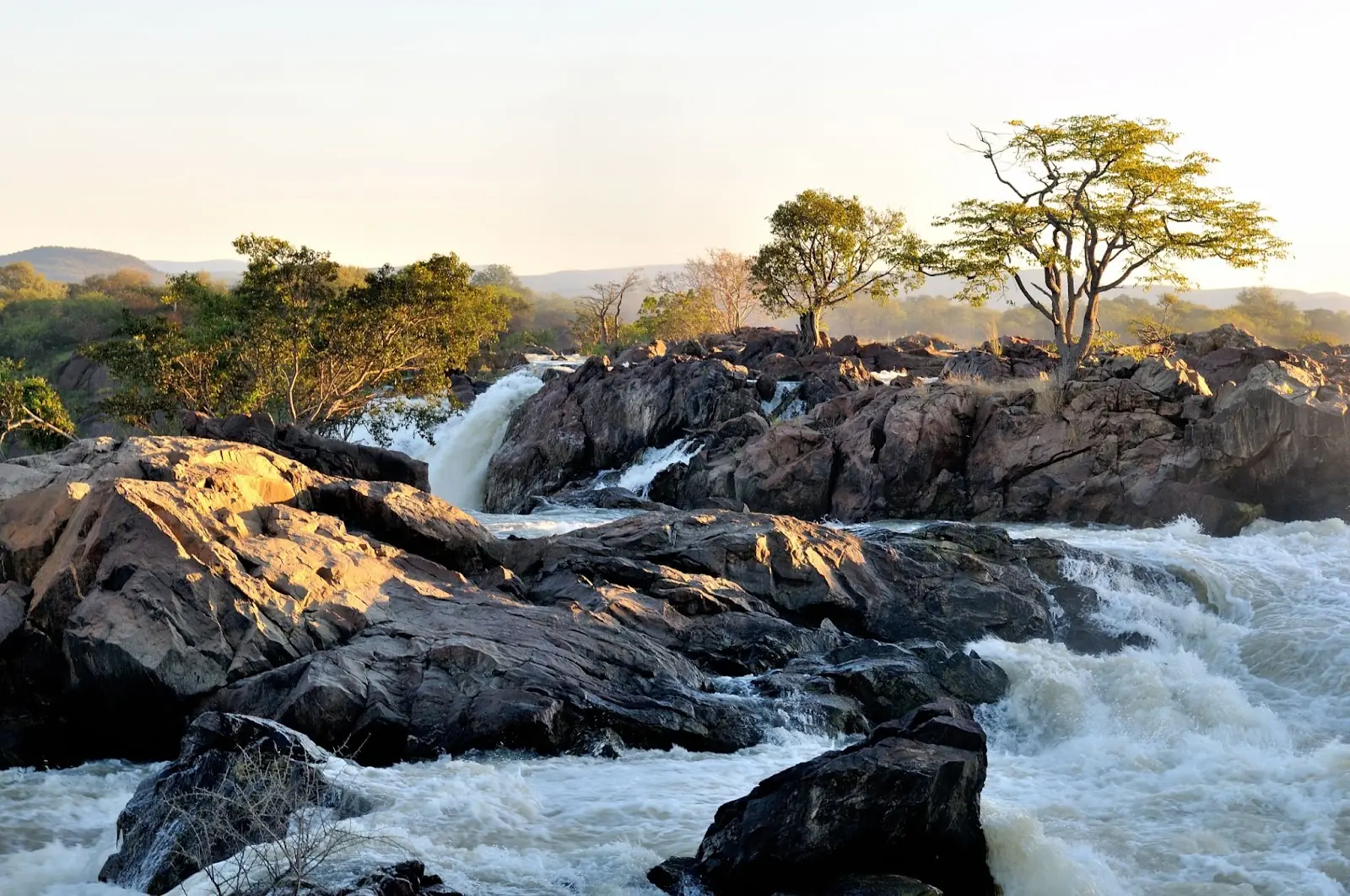
Is buying Angolan kwanza in the UK possible?
Certainly! While it’s less commonly available than other major currencies, specialist bureau de changes, including ours, offer Angolan kwanza.
Should I exchange money before heading to Angola?
Absolutely. We recommend you convert GBP to Angolan kwanza before you leave.
Having Angolan kwanza in hand upon arrival ensures a smoother initial experience. Especially for cash-based transactions outside major urban centres.
What is the best currency to use in Angola?
The Angolan kwanza is undoubtedly the best currency to use.
Carrying a mix of AOA and a bit of USD is practical. Dollars are useful for more significant transactions or emergencies.
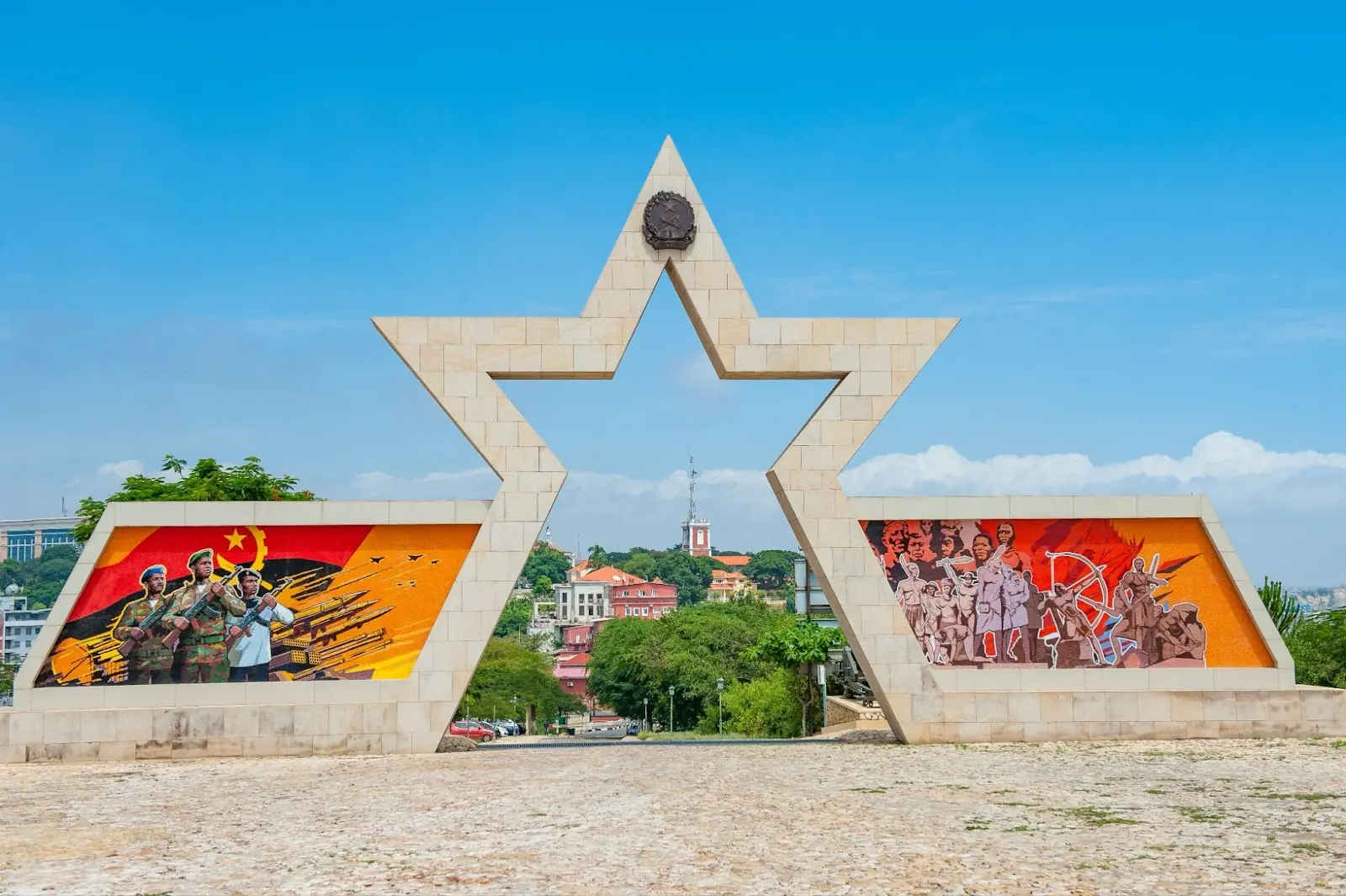
Can you use dollars in Angola?
Yes. You can use US dollars in Angola, particularly in major cities and tourist areas. However, having some Angolan kwanza for everyday transactions is generally recommended, especially in smaller shops or rural areas.
Larger establishments like hotels and some restaurants may accept dollars. However, relying solely on dollars might limit your options. You could face less favourable exchange rates as a result.
Carrying a mix of both currencies is a good idea when travelling in Angola.
Should I use cash in Angola?
Yes, using cash in Angola is advisable, especially outside the main cities.
Credit and debit cards are accepted in larger hotels, restaurants, and shops in urban areas.
However, many smaller establishments and local markets operate on a cash-only basis.
Having Angolan kwanza in cash is particularly important in rural areas, where electronic payment facilities are unavailable.
You’ll need it for smaller purchases like street food, local transportation, and market shopping.
In summary, while cards are handy in cities, cash remains king in many parts of Angola.
How much cash should I take to Angola?
When travelling to Angola, having a daily budget of about £30 to £50 for basic expenses is reasonable. You’ll also need extra money for accommodation and activities if you’re not pre-paid.
Carry a mix of US dollars and Angolan kwanza for different types of expenses. Also, have an emergency fund and a way to access more money, like a debit card.
Avoid carrying too much cash for safety reasons. Store what you’re not using in a hotel safe or similar.
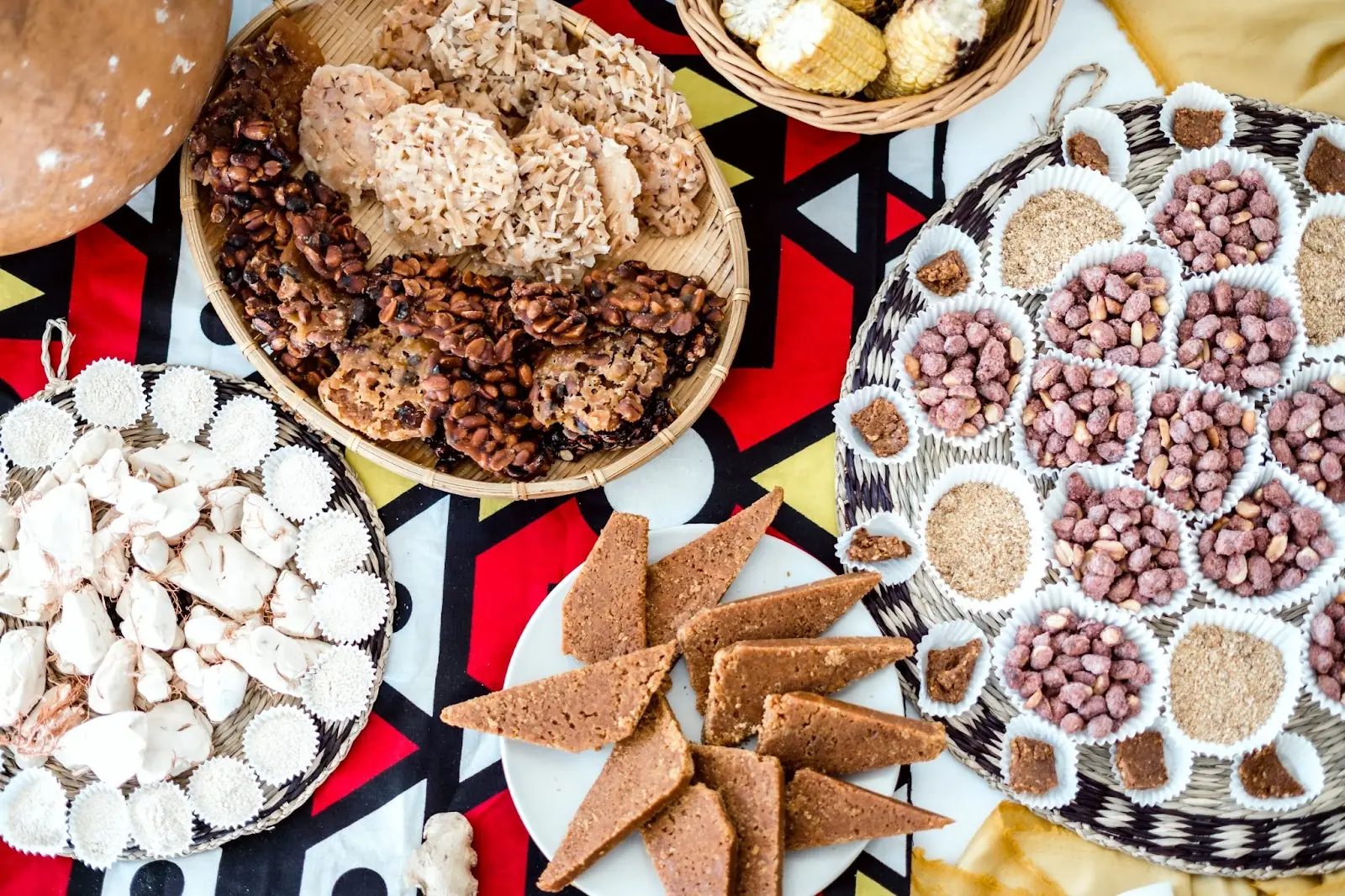
Can I use my bank card in Angola?
Yes, you can use your bank card in Angola, especially in major cities and tourist areas.
International hotels, shopping malls, and larger restaurants often accept major debit and credit cards like Visa and MasterCard.
Check with your bank before travelling to ensure your card will work in Angola. Ask about any international transaction fees or ATM withdrawal charges at the same time.
Card facilities might be limited in more rural or remote areas, so having cash in Angolan kwanza is advisable.
Is it better to use cash or credit card in Angola?
In Angola, using cash is generally better, particularly when you’re outside major urban centres. Smaller shops, local markets, and rural areas operate mainly with cash.
While credit cards are accepted in larger establishments, relying on them exclusively can be limiting.
Carrying Angolan kwanza for everyday purchases and using credit cards for larger expenses in more established venues is a good idea. This approach offers both convenience and flexibility during your stay in Angola.
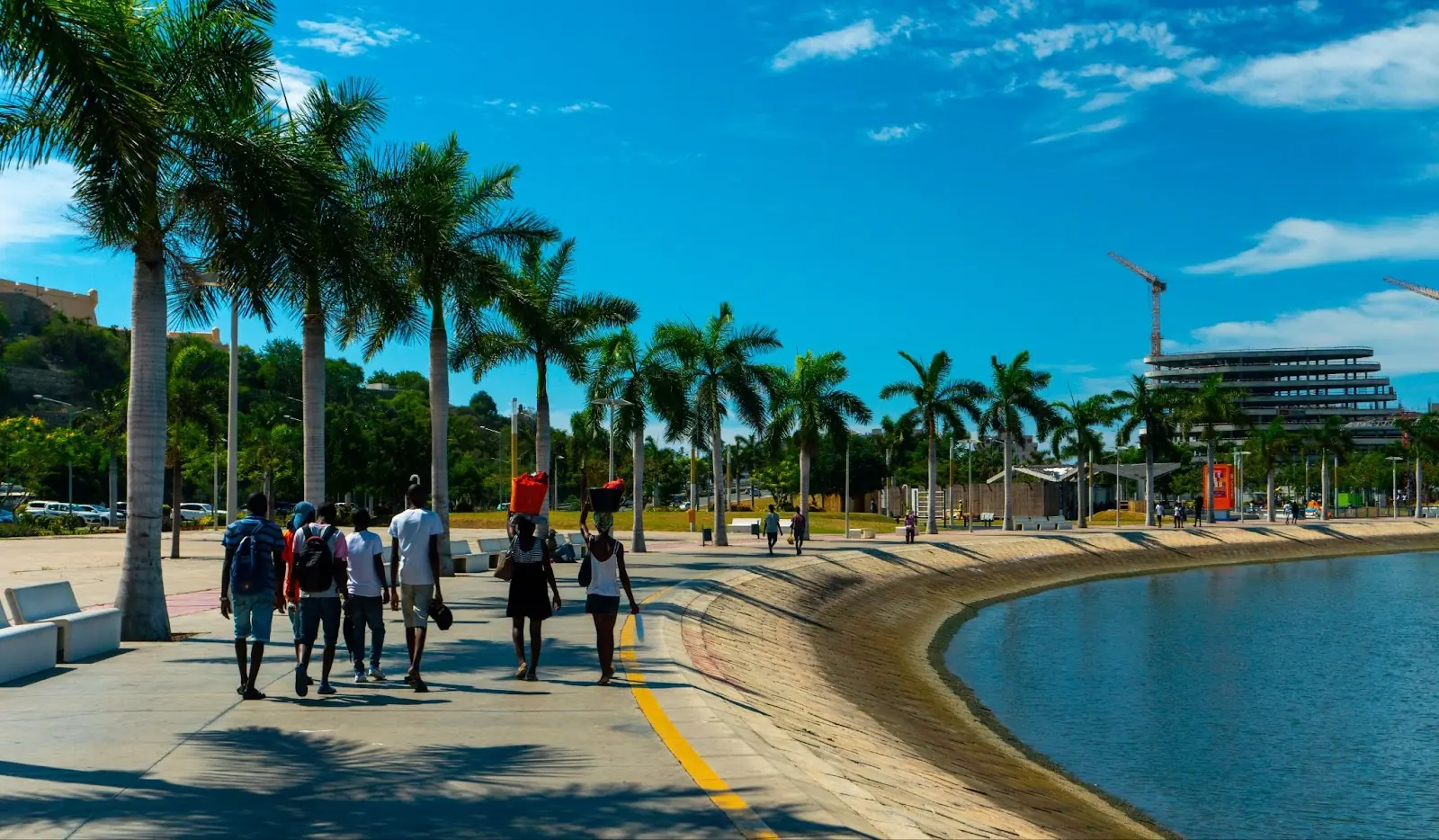
How can I avoid ATM fees in Angola?
ATMs are common in urban areas, providing a convenient way to withdraw Angolan kwanza. However, be prepared for potential conversion fees and withdrawal limits. Pay in the local currency rather than British pounds for better exchange rates.
How does tipping work in Angola
Tipping is not a widespread practice in Angola. However, leaving a tip for exceptional service is always appreciated and a kind gesture.
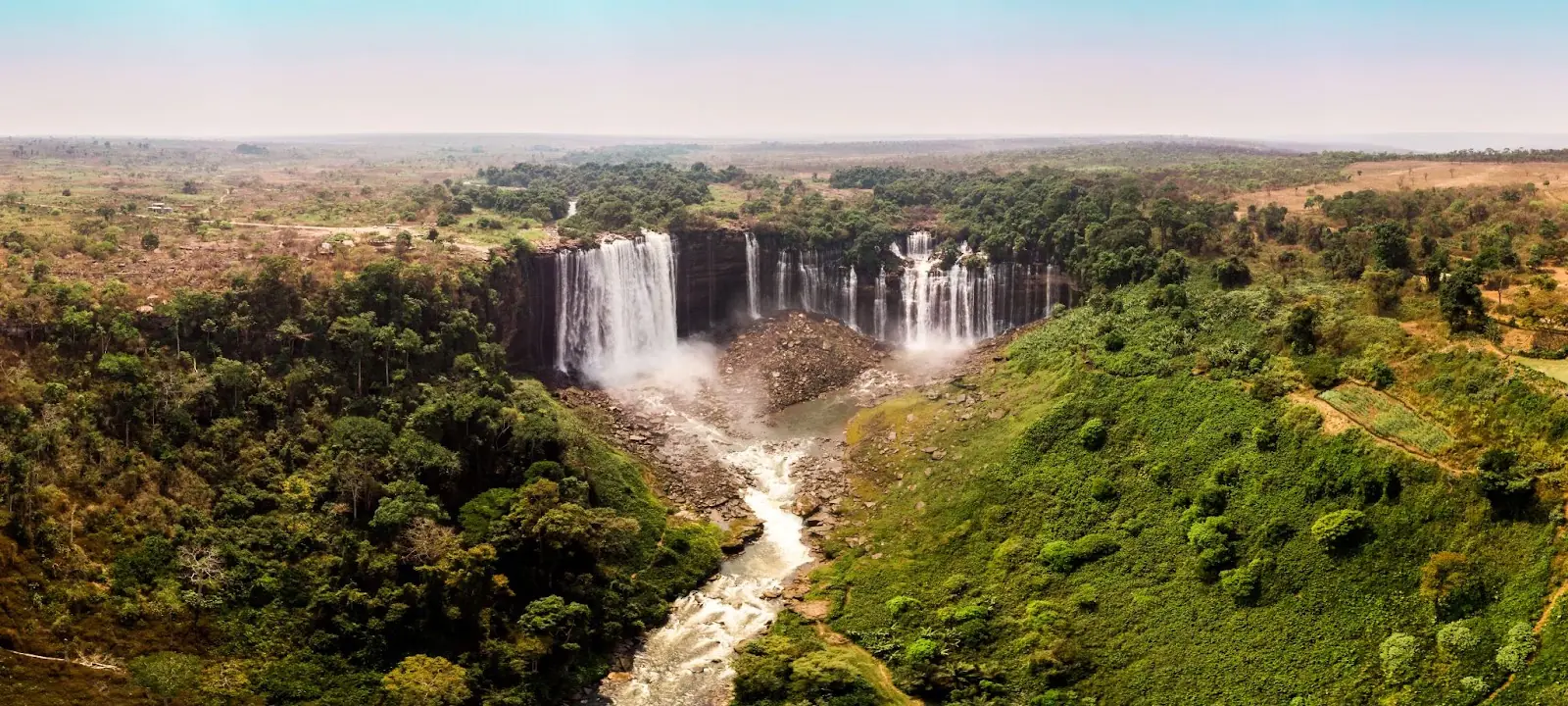
Buy your kwanza now
Angolan currency
Banknotes in Angola
The Angolan kwanza comes in various denominations, including 200, 500, 1000, 2000, and 5000 kwanza notes.
These banknotes feature unique and colourful designs, showcasing Angola’s cultural heritage, natural landscapes, national symbols, and important historical figures.
The designs on these notes serve a practical purpose and celebrate Angola’s national identity and diversity.
Travellers to Angola should become familiar with these notes for smooth financial transactions.

Coins in Angola
In Angola, alongside the banknotes, there are also coins in circulation as part of the currency system.
The Angolan kwanza (AOA) coins come in several denominations. These typically include smaller values like 1, 2, 5, 10, and 20 kwanza.
Angolan coins are known for their distinct designs, featuring various aspects of the country’s rich cultural and natural heritage.
This might include national symbols, wildlife, and important historical events. They’re used for everyday transactions and reflect the country’s identity and history.
For visitors to Angola, having a mix of coins and banknotes is useful. Especially for smaller purchases like street food, public transport fares, and other minor expenses.
Familiarising yourself with these coins can enhance your experience, making transactions smoother and more enjoyable.
Angolan currency import and export regulations
In Angola, there are specific regulations regarding the import and export of currency, which travellers should be aware of:
Angolan and foreign residents
If you’re 18 or over, whether you’re an Angolan or a foreign resident, you need to declare if you have more than GBP 11,000 or its equivalent in other currencies.
For those under 18, the limit is GBP 3,700.
Foreign visitors
Visiting Angola? If you’re over 18 and not living there, you must declare amounts over GBP 7,400 or its equivalent.
Under 18s should declare if they have over GBP 2,200.
For the local currency, the limit to declare is AOA 1,000,000
Ordering Angolan kwanza online
Easily Order Angolan kwanza through Manor FX. We offer the best Angolan kwanza exchange rate. Get fast, secure delivery to your preferred address, or you can pick up your currency at our bureau near Heathrow.
Selling back Angolan kwanza
Need to sell Angolan kwanza leftover from your trip? Exchange Angolan kwanza to GBP with us. We offer attractive rates for your Angolan kwanza to pounds exchange.
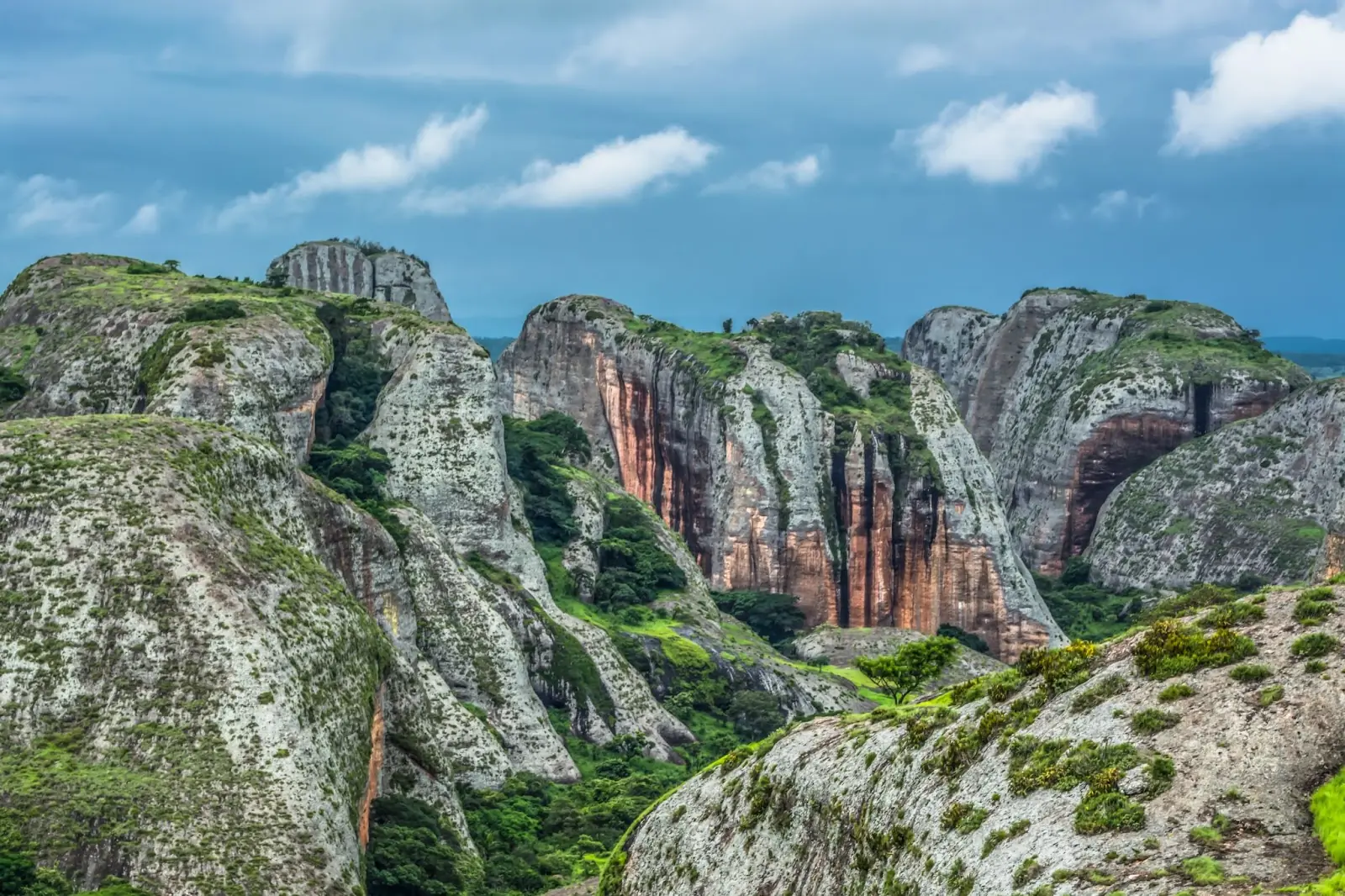
FAQs
What language do they speak in Angola?
In Angola, the official language is Portuguese. This is a legacy of Angola’s colonial history as a former Portuguese colony. Portuguese is used in government, media, and education, making it widely understood nationwide.
Besides Portuguese, there are several indigenous languages spoken in Angola as well. These include Umbundu, Kimbundu, and Kikongo, among others.
These languages are predominantly spoken in rural areas and represent Angola’s rich cultural and ethnic diversity. Knowing some basic Portuguese phrases can be super helpful for communication, especially in urban areas and tourist spots.
Do I need a visa to enter Angola?
UK nationals need a visa to enter Angola. Generally, you should apply for a visa before your travel. Angola offers different types of visas, including tourist visas. These can typically be obtained from the Angolan embassy or consulate in the UK.
The process usually involves submitting an application form, your passport, proof of travel plans (like flight and hotel bookings), and sometimes a letter of invitation, depending on the visa type. Check the specific requirements and processing times well in advance of your trip.
Visa regulations can change. Check the most current information from the Angolan embassy or an official government website closer to your travel date. This ensures you have the latest details and requirements.
What vaccinations are required for Angola?
For travel to Angola, certain vaccinations are recommended or required.
The most important one is the Yellow Fever vaccine. Proof of vaccination is often required for entry into the country.
Additionally, it’s advisable to be up-to-date with routine vaccinations like tetanus, diphtheria, and measles.
Depending on your travel plans, vaccines for hepatitis A and B, typhoid, and rabies might also be recommended.
Consult with a doctor well before your trip for personalised advice and updates.
What is the best time to visit Angola?
The best time to visit Angola is during its dry season, which typically runs from May to October.
During these months, the weather is generally drier and cooler, making it more comfortable for exploring and participating in outdoor activities.
This period is also ideal for wildlife viewing, as animals are often easier to spot around water sources.
However, the peak tourist season might lead to higher prices and more crowded attractions, so planning is advisable.
If you’re interested in experiencing Angola’s lush landscapes and waterfalls at their most vibrant, the end of the rainy season, around April to May, can also be an excellent time to visit.
Feel the Trustpilot love

Great competitive rates & friendly & helpful staff. Easy to order online & collect in person or delivery.

Great, fast and reliable service would certainly use again for my travel needs, as the rates are the best around!

This amazing company have gone above and beyond in getting a large amount of a rare currency across the pond to Ireland.

Great rates and really responsive, friendly customer support, will definitely be using Manor FX again.
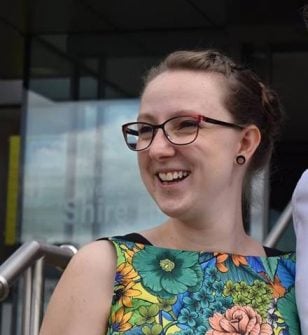
Manor FX gave me a better rate than my bank with great customer service, I highly recommend them.

Family run business that’s always super helpful. Manor FX’s rates are always really good as well!
 Get
Get
Angolan Kwanzas Fast!
- Free home delivery over £750
- with Royal Mail Special Delivery 1pm
- Better rates than the banks